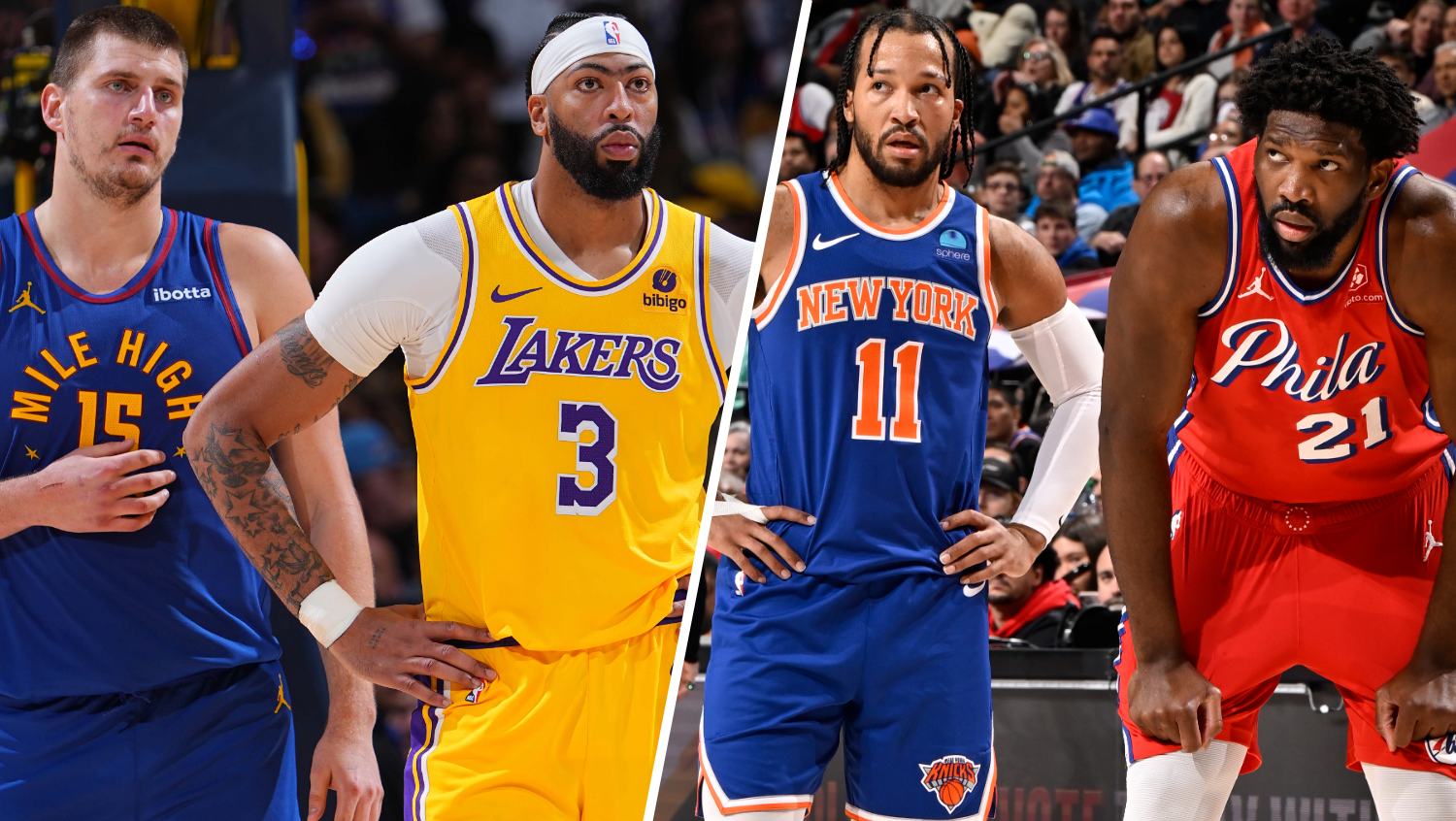The men's OIympic downhill course seems to suit the pre-race favorites. The weather might have other ideas.
Three days of practice runs on the rarely-raced Jeongseon hill showed three top contenders in good form: world champion Beat Feuz of Switzerland and past Olympic downhill medalists Aksel Lund Svindal and Kjetil Jansrud — both from Norway.
"I think I'm ready," Svindal said Saturday after again improving his training time.
Feuz has enjoyed near-perfect preparation with two wins and a second-place finish in the three World Cup downhill classics last month.
"Since January everything has gone well for me," said the Swiss racer, whose coaches picked the No. 7 starting bib for him before Svindal's team took No. 9.
Whether they even get to start the race on Sunday is a real question.
Gusts of up to 50 mph (72 kph) are forecast around Sunday's scheduled 11 a.m. start time — strong enough to close the only gondola lift carrying racers and officials up the mountain.
Sports
In partnership with NBC Sports Philadelphia
Race organizers told team leaders on Saturday their decision on delaying the start or postponing the marquee race is expected at 10 a.m.
___
UPSET SPECIALS
Don't be surprised if the result is a stunning upset.
Five of the past 10 men's Olympic downhill champions were without a win in World Cup races, including Matthias Mayer of Austria at the 2014 Sochi Games.
"Any given day, anything can happen," said Svindal, a perennial favorite who got downhill silver in 2010 and was fourth in 2014.
Why? Svindal's best theory is that Olympic titles are usually won on courses not raced on the World Cup circuit, so are unfamiliar to all.
Some recent greats — Bode Miller, Didier Cuche, Hermann Maier — were never Olympic downhill champions but Jean-Luc Cretier of France was.
Cretier's title at the 1998 Nagano Olympics was his only career win. The 1980 champion in Lake Placid, Leonhard Stock of Austria, would wait nine years for his first World Cup downhill win.
___
CLOSE RACES
In a tough race to predict, one opinion is often heard.
"There are so many guys (who can win), it's going to be close," said Mayer, the defending champion.
Mayer was only 0.06 seconds faster than Christof Innerhofer of Italy four years ago — translating to a mere 5½-foot (1.66-meter) winning margin down the longest-ever Olympic course. Jansrud, the bronze medalist, trailed by only 0.10.
It was even tighter on the Vancouver Olympic podium in 2010. Didider Defago of Switzerland was 0.07 ahead of Svindal, and Bode Miller was only 0.09 behind in bronze.
In the only World Cup men's downhill ever raced in Jeongseon, two years ago, Jansrud beat Dominik Paris of Italy by 0.20.
___
TECHNICAL MERIT
The race could be won and lost on tiny details tough to identify on first sight.
"It's going to be a race of perfection," said Manuel Osborne-Paradis, the Canadian veteran of four Olympics.
The 2.9-kilometer (1 5/6-mile) course is not too steep — top speeds hit 78 mph (126 kph) — not too icy, nor does it often throw racers off balance.
It does launch them off four jumps and demands a precise line to carry speed across the side hills and through turns.
"It's not that difficult of a run. But it's easy to lose a lot of time," said Thomas Dressen of Germany, the only man to beat Feuz in 2018, taking a surprise win in Kitzbuehel, Austria.
On dry snow, also found in North America, the key to victory could be finessing turns with soft feet.
___
UNDERRATED AUSTRIA
It's hard to think of Austria as an underdog. The Alpine powerhouse won seven of 18 Olympic men's downhill gold medals.
Still, most pre-race talk is about other nations.
Yet Austria will field a typically deep four-man team consisting of skiers who each placed on a podium in World Cup downhills since December.
Joining Mayer are 2017 world championship bronze medalist Max Franz; Hannes Reichelt, a multiple World Cup downhill winner; and Vincent Kriechmayr, who won Saturday's final practice.
"I don't think there's so much pressure," Franz said.
___
AGE RECORDS
Two veteran medal contenders, Svindal and Reichelt, can set Olympic age records.
Svindal, who turned 35 in December, and Reichelt, whose 37th birthday was in July, would be the oldest Olympic champion in any Alpine event.
The record is held by Reichelt's long-time Austria teammate Mario Matt, who won slalom gold at the 2014 Sochi Games one month before his 35th birthday.
Bode Miller's record as the oldest Alpine medalist is at risk from Reichelt. Miller was 36 when he took super-G bronze four years ago.
___
More AP Olympic coverage: https://wintergames.ap.org



